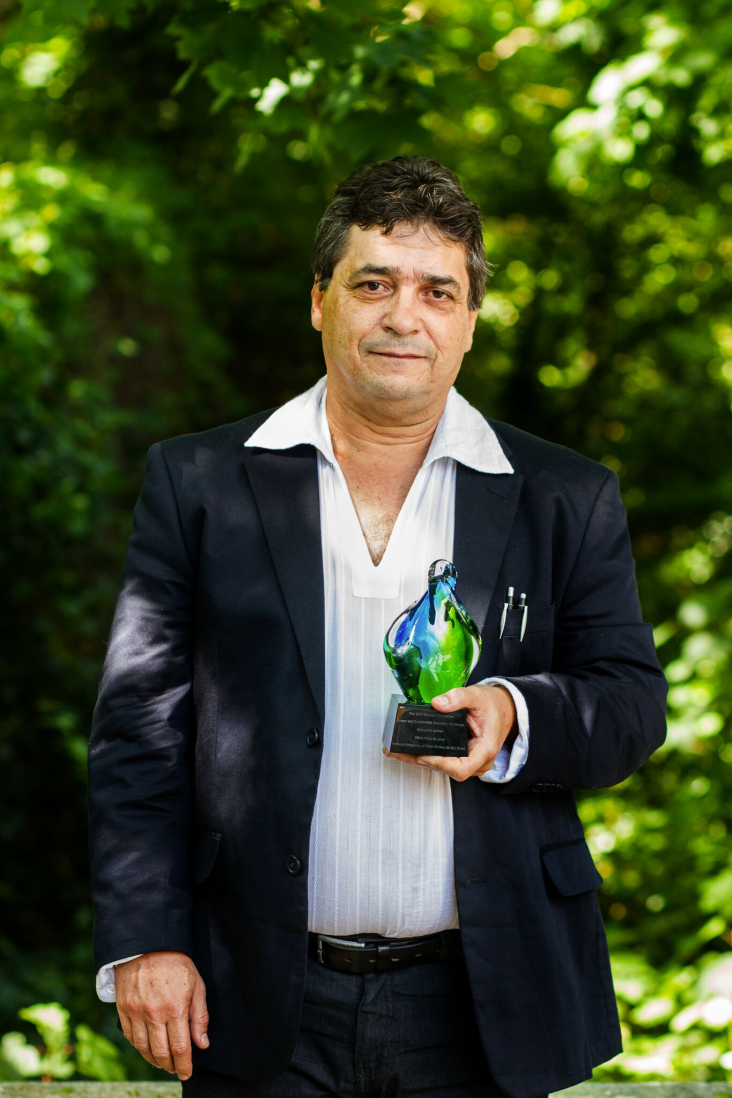
Starting At the Beginning, Laying the Foundation for Lifelong Mental Health, 2020, Pages 31-42
Starting At the Beginning, Laying the Foundation for Lifelong Mental Health, 2020, Pages 239-272
Surveying the Covid-19 Pandemic and its Implications, Urban Health, Data Technology and Political Economy, 2020, Pages 129-139
The new 2030 sustainable development agenda is likely to dominate policy and academic debates at both national and international levels over next 15 years and beyond.
Obesity Hypoventilation Syndrome From Physiologic Principles to Clinical Practice 2020, Pages 29-38
